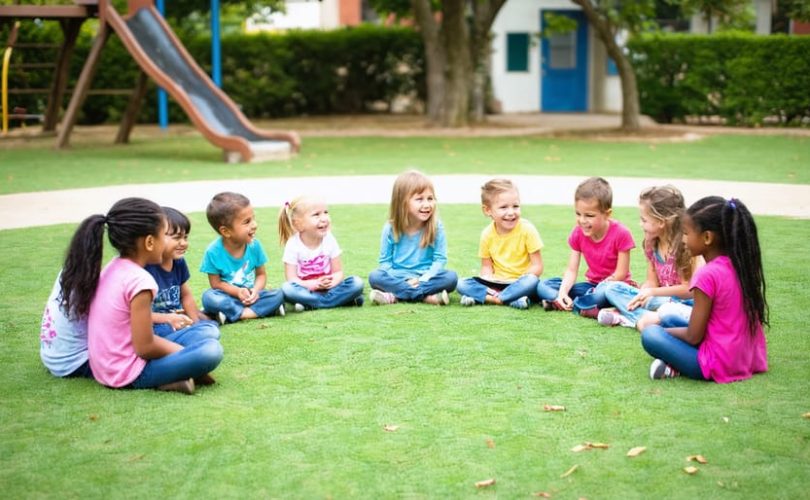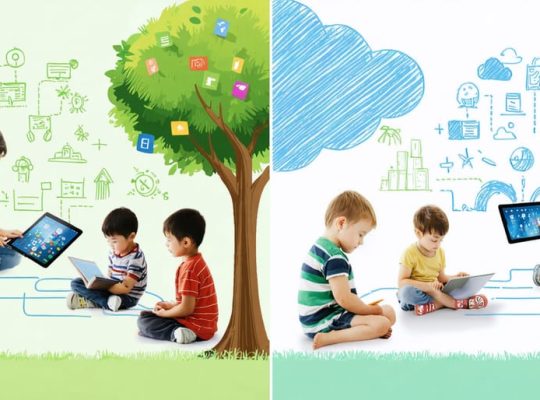Developing strong peer social skills fundamentally shapes a child’s mental well-being and future relationships. When children master the art of peer interaction, they build confidence, empathy, and lasting friendships that serve them throughout life. Yet in today’s increasingly digital world, many young people struggle to develop these essential social capabilities naturally.
Recent research reveals that children with strong peer social skills are 60% more likely to succeed academically and maintain healthy relationships into adulthood. These skills don’t just happen by chance – they require intentional guidance, practice, and support from caring adults who understand child development.
As parents and educators, we have a unique opportunity to help children navigate the complex world of peer relationships. Whether your child is naturally outgoing or tends to be more reserved, the right strategies can help them build meaningful connections with their peers. By understanding the core components of social skill development and implementing evidence-based approaches, we can equip our children with the tools they need to thrive in their social interactions.
This guide explores practical strategies for fostering healthy peer relationships, addressing common challenges, and creating supportive environments where social skills can flourish.
Core Social Skills Every Child Needs
Communication and Active Listening
Effective communication is a cornerstone of healthy peer relationships, and children develop these skills through both verbal and non-verbal interactions. Children learn to express their thoughts, feelings, and needs while also understanding and responding to others’ perspectives.
Active listening plays a particularly vital role in this process. When children practice active listening, they learn to maintain eye contact, show interest through facial expressions, and respond appropriately to their peers’ messages. These skills help them build stronger connections and demonstrate empathy in their relationships.
Parents and educators can support these skills by modeling good communication habits and creating opportunities for practice. Simple activities like taking turns sharing stories, playing cooperative games, or participating in group discussions can help children develop these essential abilities.
It’s important to remember that communication styles can vary among children. Some may be naturally outgoing, while others might be more reserved. Both styles are perfectly normal, and children should be encouraged to communicate in ways that feel comfortable while gradually building their confidence in different social situations.
Teaching children to express their feelings appropriately and listen with intention creates a foundation for meaningful peer relationships that will serve them well throughout their lives.
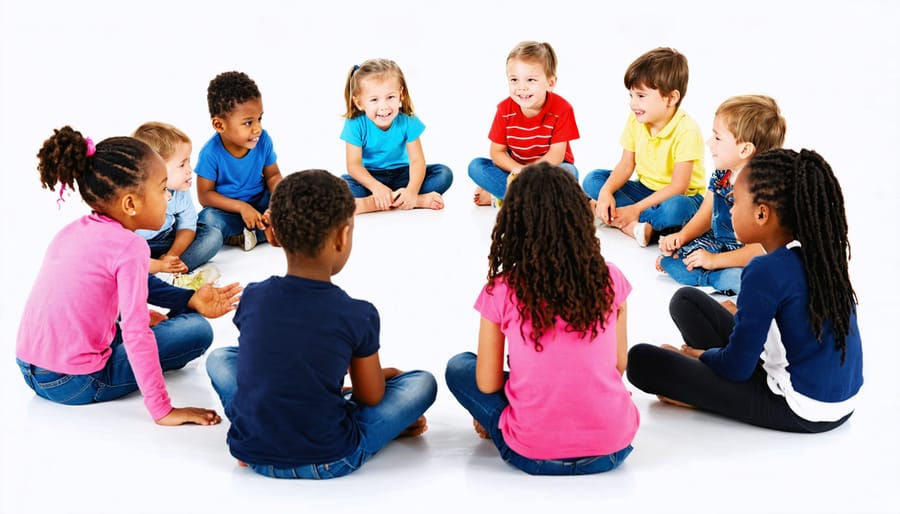
Empathy and Emotional Recognition
Empathy and emotional recognition form the cornerstone of meaningful peer relationships. Children who can understand and respond to others’ feelings are better equipped to navigate social interactions successfully. As children progress through their emotional development, they learn to recognize facial expressions, tone of voice, and body language that signal different emotional states.
Dr. Sarah Chen, a child psychologist, shares: “When children can identify and respond appropriately to their peers’ emotions, they’re more likely to form lasting friendships and resolve conflicts peacefully.” Parents can nurture these skills by discussing emotions during daily activities, using picture books to explore different feelings, and practicing perspective-taking through role-play.
One effective approach is to encourage children to notice and name emotions in various situations. For example, asking “How do you think Jamie felt when you shared your toys?” helps children connect their actions with others’ emotional responses. This awareness creates a foundation for meaningful social connections and helps children develop stronger, more supportive friendships.
Cooperation and Sharing
Cooperation and sharing are fundamental building blocks of positive peer relationships. When children learn to work together and share resources, they develop empathy, negotiation skills, and understanding of others’ perspectives. As one preschool teacher notes, “When children learn to share toys and take turns, they’re actually learning life-long skills about compromise and teamwork.”
Parents can encourage these skills by creating opportunities for cooperative play at home, such as building with blocks together or working on a puzzle as a team. Practice sharing in safe, supervised settings where children can experience both giving and receiving. Remember that sharing doesn’t come naturally to young children – it’s a learned skill that develops gradually.
Praise specific cooperative behaviors when you see them: “I noticed how you and Sam worked together to clean up the art supplies. That was excellent teamwork!” This positive reinforcement helps children understand the value of cooperation and motivates them to continue practicing these important social skills.
Supporting Social Skill Development at Home
Role-Playing Social Scenarios
Role-playing provides a safe and engaging way for children to practice social interactions before encountering them in real life. Think of it as a dress rehearsal for social success. When children act out different scenarios, they develop empathy, learn appropriate responses, and build confidence in their social abilities.
Parents and educators can set up simple role-playing activities like ordering at a restaurant, making a new friend at the playground, or resolving a conflict over sharing toys. Guide children through these scenarios by modeling appropriate behavior first, then letting them take the lead while offering gentle coaching.
For example, you might pretend to be a new classmate while your child practices introducing themselves. Or create a scenario where two children want the same toy, helping them practice negotiation skills. Remember to keep the atmosphere light and playful – children learn best when they’re having fun.
After each role-playing session, discuss what went well and what could be done differently. This reflection helps children internalize the social skills they’re practicing and builds their emotional intelligence.
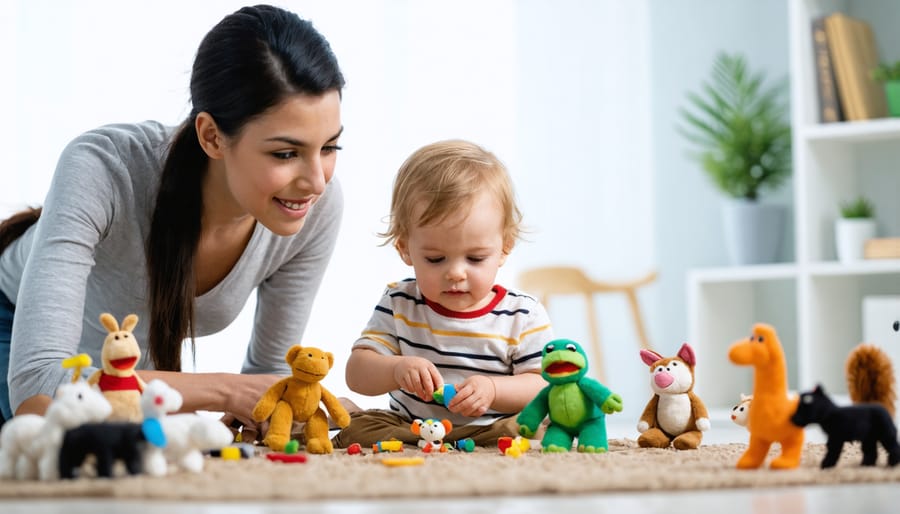
Creating Social Learning Opportunities
Creating opportunities for social interaction is crucial for developing peer social skills. Organizing regular playdates provides children with a controlled environment to practice their social abilities and form meaningful connections. Start with one-on-one playdates before gradually introducing group activities, allowing children to build confidence at their own pace.
Consider organizing structured activities that encourage cooperation and teamwork, such as building blocks together, creating art projects, or participating in simple board games. These activities give children natural opportunities to practice taking turns, sharing, and communicating effectively with their peers.
Remember to choose age-appropriate activities and consider each child’s interests and comfort levels. For example, if your child enjoys outdoor activities, organize a small group playdate at the park where children can engage in parallel play before transitioning to more interactive games.
Community programs and classes can also provide excellent social learning opportunities. Look for local sports teams, art classes, or music groups where children can interact with peers who share similar interests. These structured environments often include built-in social scenarios that help children develop their skills naturally.
During these social interactions, maintain a supportive presence while allowing children to navigate social situations independently. Step in only when necessary to guide positive behavior or help resolve conflicts, using these moments as teaching opportunities for all children involved.
Modeling Positive Social Behavior
Children learn by observing, and parents are their first and most influential role models for social behavior. When you demonstrate positive social skills in your daily interactions, you’re providing your child with a living blueprint for successful relationships.
Start by practicing active listening during conversations with family members and friends. Make eye contact, acknowledge what others are saying, and respond thoughtfully. Your child will naturally begin to mirror these respectful communication patterns.
Show empathy in everyday situations. For example, when you see someone struggling with grocery bags, offer help while explaining to your child why you’re doing so. These small moments teach powerful lessons about kindness and social awareness.
Model conflict resolution by handling disagreements calmly and constructively. When facing challenges with others, verbalize your problem-solving process: “I understand why Sarah feels upset. Let’s think about how we can find a solution that works for both of us.”
Remember that children notice everything – including how you interact on social media, treat service workers, or respond to stress. By maintaining positive social connections and showing genuine interest in others, you’re setting your child up for social success.
Addressing Common Social Challenges
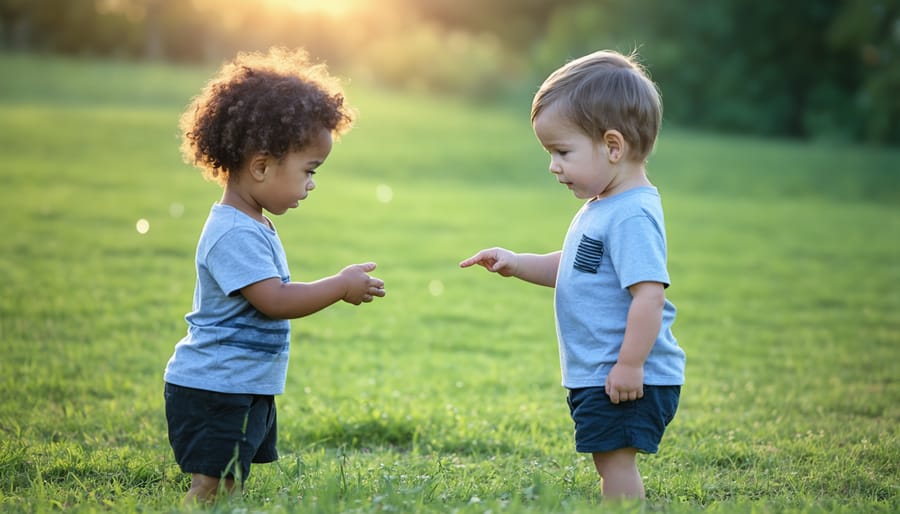
Handling Conflict and Rejection
Conflict and rejection are natural parts of growing up, but they can be particularly challenging for children to handle. Learning to navigate these situations gracefully is a crucial life skill that parents and educators can help develop.
When children face disagreements with peers, encourage them to express their feelings using “I” statements rather than accusatory language. For example, “I feel sad when I’m not included” is more effective than “You’re mean for leaving me out.” This approach helps children communicate their emotions while avoiding escalation.
Teaching children to recognize different perspectives is equally important. When conflicts arise, guide them through understanding the other person’s point of view. You might ask, “Why do you think Sarah wanted to play a different game?” This helps develop empathy and problem-solving skills.
For handling rejection, it’s essential to validate children’s feelings while helping them build resilience. Acknowledge their hurt feelings with statements like, “I understand it feels disappointing when someone doesn’t want to play with you.” Then, help them explore alternative activities or other friendship opportunities.
Role-playing can be an effective tool for practicing these situations. Act out common scenarios and discuss different ways to respond. This gives children a safe space to experiment with various conflict resolution strategies before encountering real-life situations.
Remember to praise children when they handle difficult situations well. Positive reinforcement helps cement these important social skills. As Dr. Sarah Thompson, child psychologist, notes, “Children who learn to handle conflict and rejection constructively often develop stronger, more meaningful friendships in the long run.”
Overcoming Shyness and Social Anxiety
Many children experience shyness and social anxiety as they navigate peer relationships, but with gentle support and understanding, they can develop confidence in social situations. Start by acknowledging your child’s feelings without judgment – remember that being reserved is a personality trait, not a flaw.
Create safe opportunities for social interaction by arranging small playdates with one or two familiar peers. This allows your child to practice social skills in a less overwhelming environment. Consider starting with activities that have a shared focus, like building with blocks or drawing, which can ease the pressure of direct social interaction.
Teach and practice social scripts for common situations, such as introducing themselves or joining a game. Role-playing these scenarios at home can help children feel more prepared when facing real social situations. Remember to celebrate small victories, like when your child initiates a conversation or shares a toy without prompting.
Dr. Sarah Chen, a child psychologist, suggests, “Help children identify their strengths and interests. When they engage in activities they enjoy, they’re more likely to connect with like-minded peers naturally.” This approach builds confidence through competence.
For particularly anxious children, gradual exposure to social situations works best. Start with brief interactions and slowly increase duration and group size as their comfort grows. If your child shows persistent signs of severe anxiety that interferes with daily life, consider consulting a mental health professional who specializes in child development.
Remember that progress takes time, and each child moves at their own pace. Your consistent support and understanding create the foundation they need to develop lasting social confidence.
When to Seek Professional Help
While most children naturally develop social skills at their own pace, certain signs may indicate the need for professional support. If you notice your child’s mental health and social interactions are significantly impacted, it may be time to seek help from a qualified professional.
Watch for persistent signs such as:
– Consistent difficulty making or keeping friends
– Frequent social isolation or withdrawal
– Extreme anxiety in social situations
– Regular conflicts with peers
– Inability to read social cues after age-appropriate teaching
– Aggressive or hostile behavior towards others
– Showing signs of depression or anxiety related to social situations
– Sudden changes in social behavior or friend groups
Remember that seeking professional help isn’t a sign of failure – it’s a proactive step toward supporting your child’s development. School counselors, child psychologists, and social skills specialists can provide valuable guidance and strategies tailored to your child’s specific needs.
Early intervention often leads to better outcomes, so don’t hesitate to reach out if you have concerns. Many children benefit from professional support in developing social skills, and with the right guidance, they can build confidence and create meaningful connections with their peers.
Supporting your child’s social development is a journey that requires patience, understanding, and consistent encouragement. Remember that every child develops at their own pace, and there’s no universal timeline for mastering peer social skills. What matters most is creating a supportive environment where your child feels safe to explore relationships and learn from their experiences.
As we’ve explored throughout this article, strong social skills are built gradually through practice, guidance, and positive reinforcement. Your role as a parent or caregiver is invaluable in this process. By modeling healthy social interactions, providing opportunities for peer engagement, and offering gentle coaching when needed, you’re helping lay the foundation for your child’s lifelong social success.
Stay attuned to your child’s unique personality and social comfort level. Some children naturally gravitate toward large groups, while others prefer one-on-one interactions. Both approaches are perfectly normal and can lead to meaningful friendships. If your child faces particular challenges, remember that professional support is available and seeking help is a sign of strength, not weakness.
Keep celebrating small victories and progress along the way. Whether it’s making a new friend, resolving a conflict independently, or showing empathy toward peers, these moments contribute to your child’s growing social confidence. With your continued support and understanding, your child will develop the social skills they need to build lasting relationships and navigate their social world successfully.

